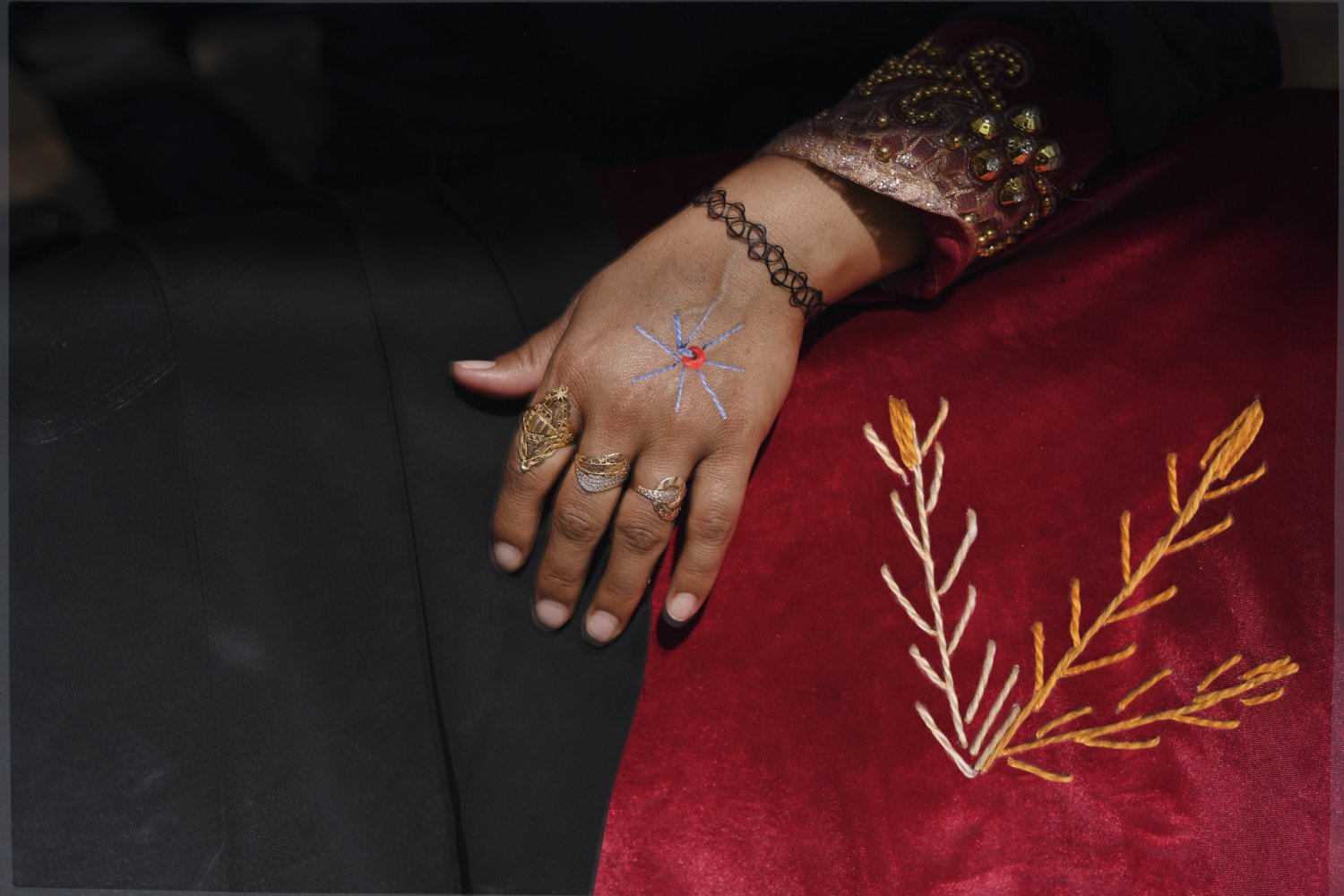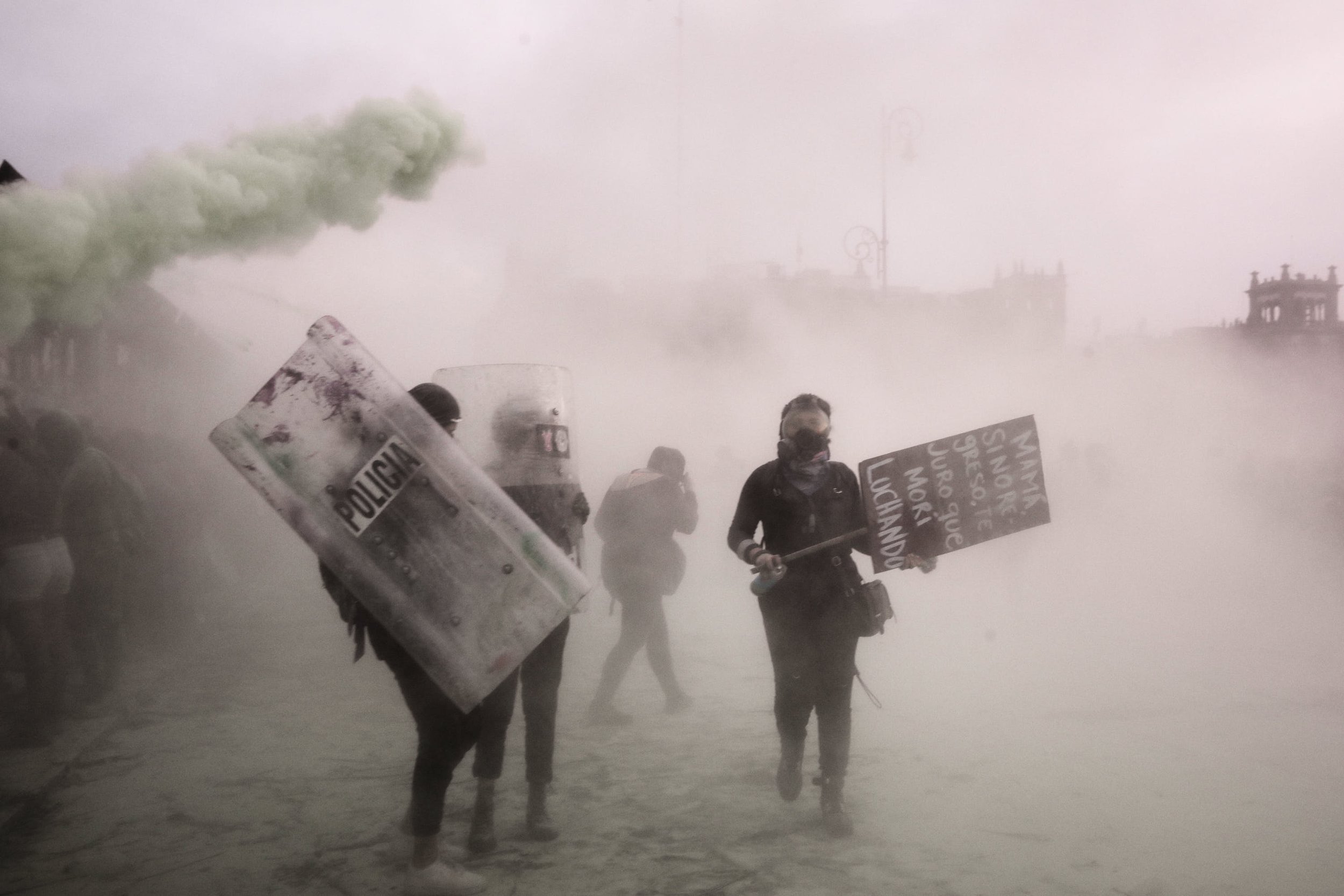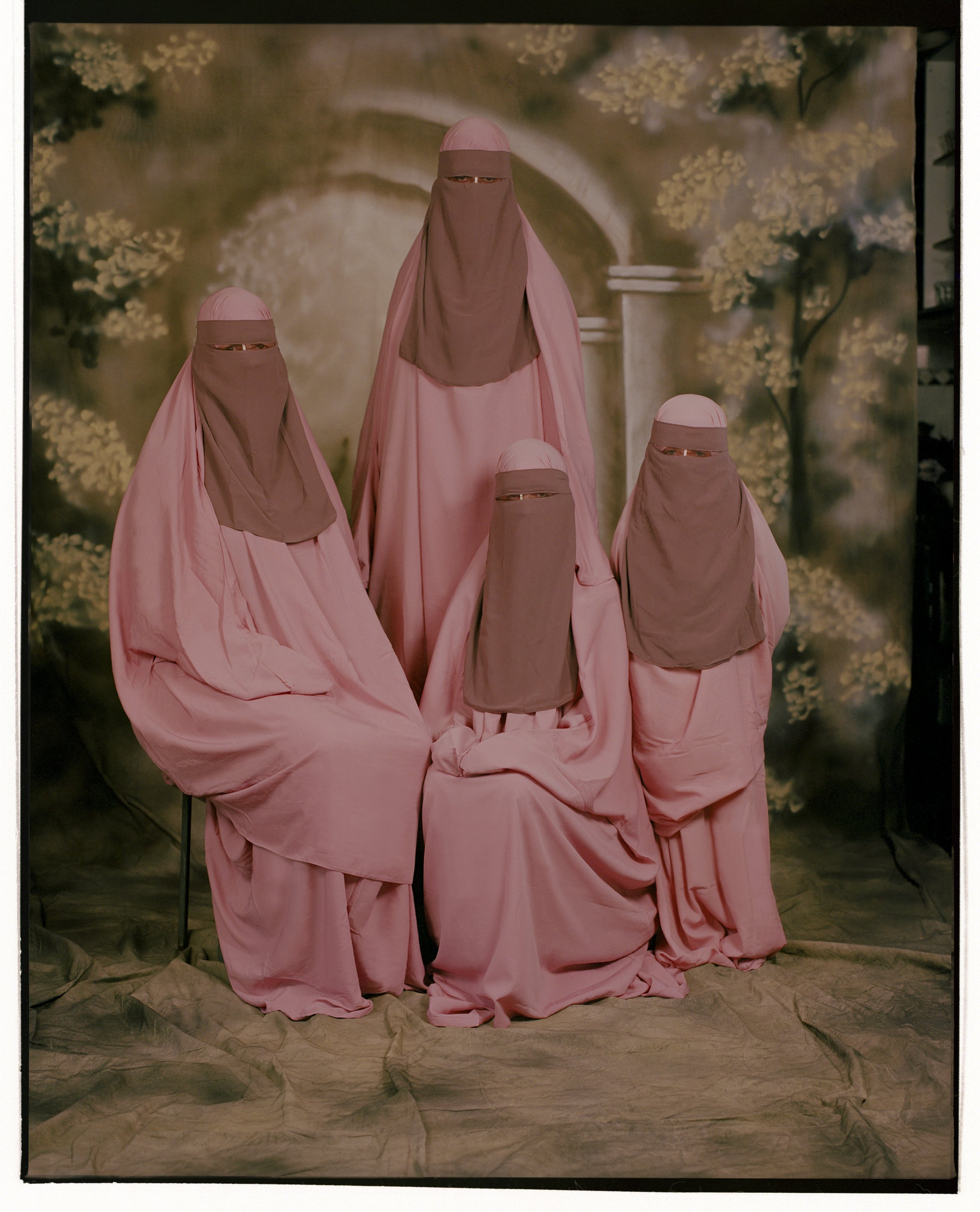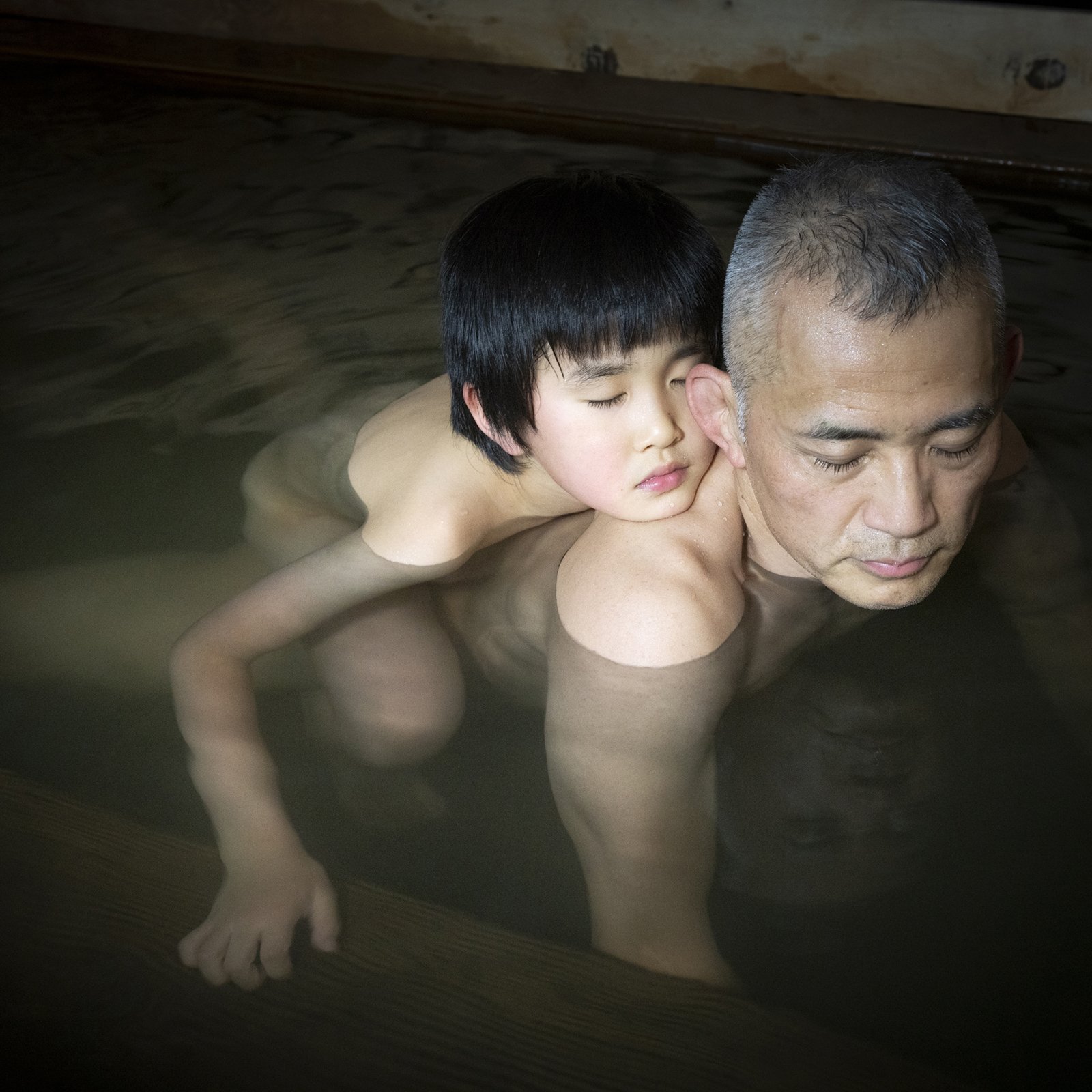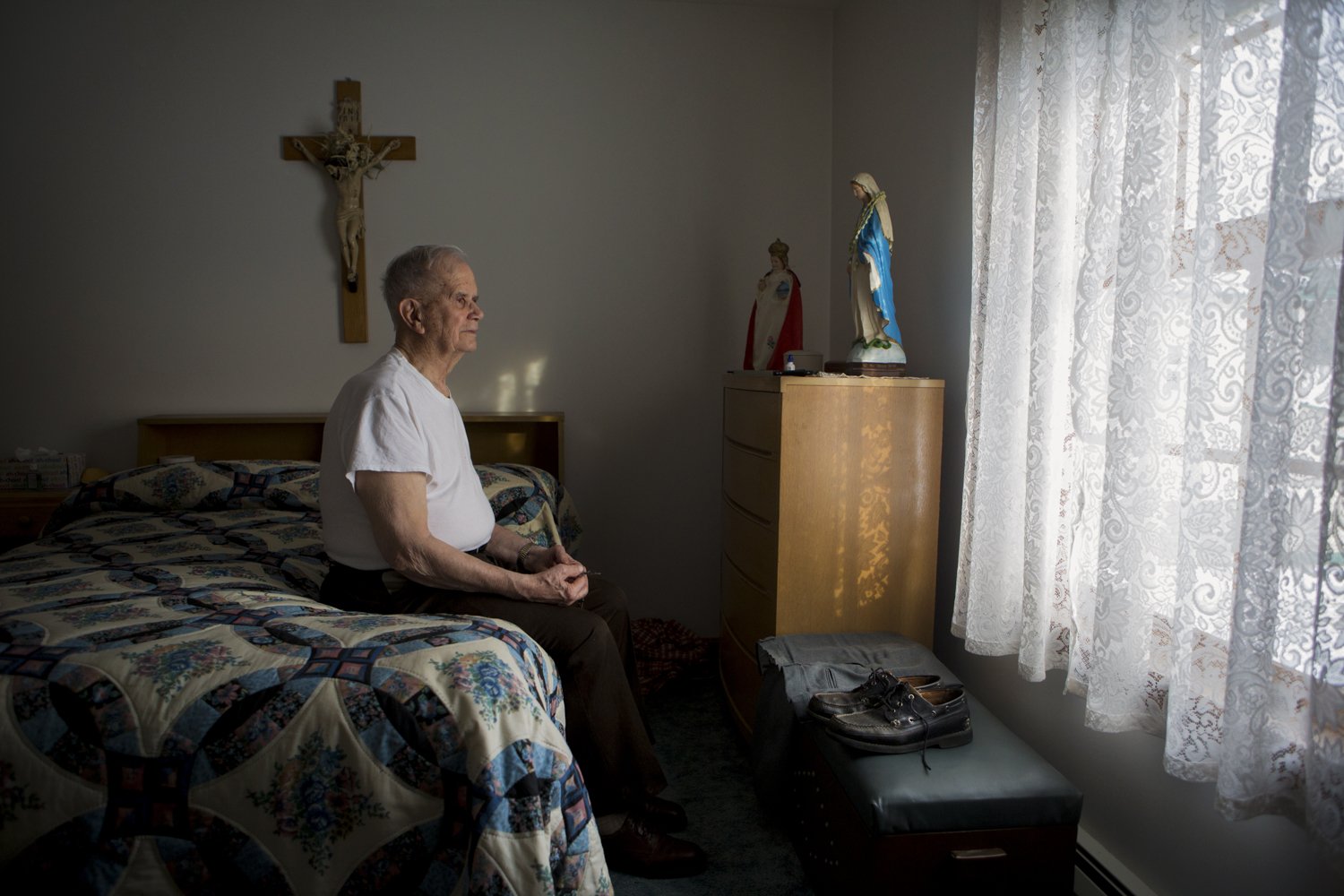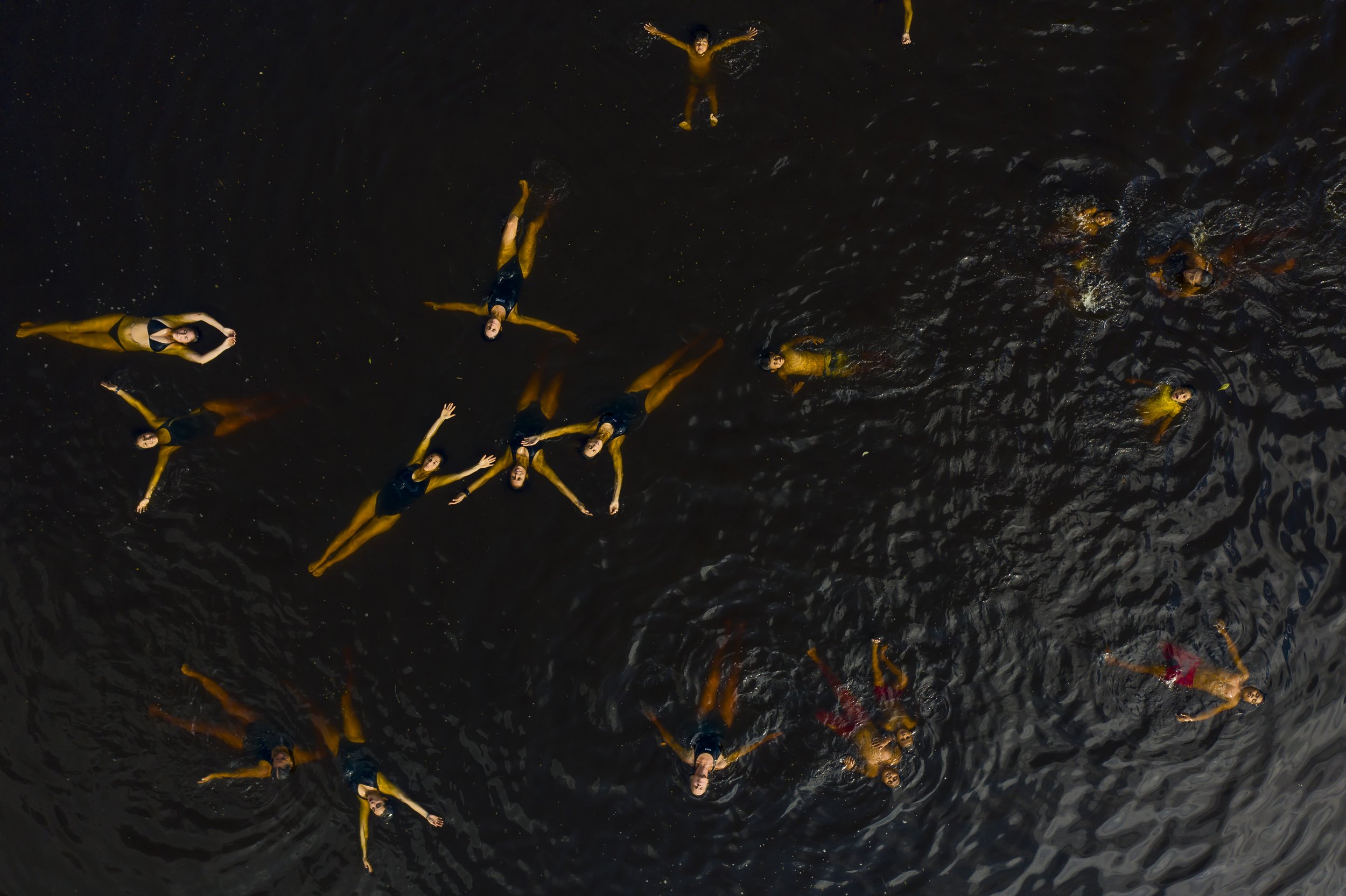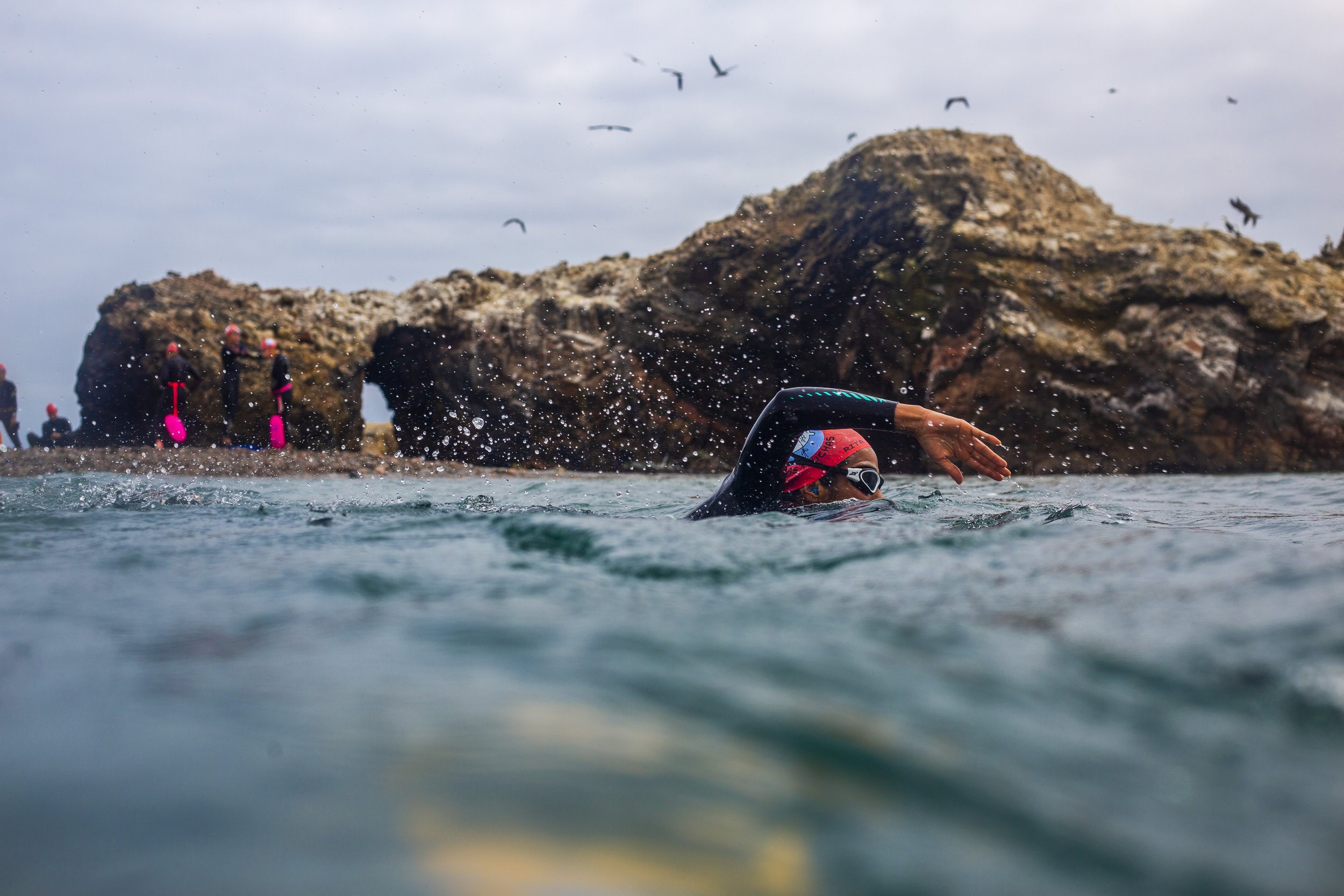The 2022 Women Photograph Grantees
Women Photograph is thrilled to announce the recipients of the 2022 grants: the Women Photograph Project Grants of $5,000 have been awarded to Rehab Eldalil, Mahé Elipe, Jaimy Gail, Takako Kido, Barbara Peacock, Ana Elisa Sotelo, and Cansu Yildiran. The Women Photograph + Leica Grant of $10,000 has been awarded to Greta Rico. Congratulations to the photographers selected — you can read more about their projects and connect with their work below. We received over 1,300 applications from women and nonbinary photographers around the world — thank you to everyone who sent in proposals!
Thank you to this year's grant sponsors, Getty Images, Nikon USA, and Leica, and to our judges, Alissa Ambrose, Mona Boshnaq, Victor Caivano, Veronika Châtelain, Brian Frank, Maura Friedman, Lisa Larson-Walker, Candida Ng, Allison Stewart, and Danielle Villasana!
Women Photograph
Project Grants
Rehab Eldalil
Egypt | www.rehabeldalil.com | @rehabeldalil | she/her
Nesting Birds will follow single women who have successfully been able to adopt children in Egypt. With rising divorce and domestic violence rates, more Egyptian women choose not to get married. Nevertheless, they express a profound desire to have children. Challenging social norms navigating a complex legal framework, more and more single women have succeeded in adopting orphaned children in recent years. Using multimedia and collaborative approaches, Nesting Birds will explore the notion of motherhood through the voices of the adoptive families to create a multi-layered story as part of a long term series on motherhood and the maternal lineage.
(Note: the photos below are from Rehab’s previous work — she hasn’t begun work on Nesting Birds.)
Mahé Elipe
France + Mexico | www.mahelipe.com | @_mahelipe_ | she/her
In Mexico, she is the symbol of social struggle, she survives in a country that has taught her to live and survive in resilience. She can be found in the streets, singing feminist hymns, breathing in tear gas, wearing a cross commemorating femicides on her shoulder, or wearing a portrait of one still missing, with their hands in the ground cultivating the future or searching for a loved one. “She” is the woman, the mother, the wife, the sister, the daughter, the friend, the neighbor. There are many of them and they are all united by the same cause: fighting for their rights.
Jaimy Gail
The Netherlands | www.jaimygail.com | @jaimygail | she/her
Men have elevated their own sex as the norm from which everything else is perceived, resulting in women representing the ‘second sex.’ Seeing woman as the other reduced her identity to distinct idiosyncrasies: her body, her psyche, her position and role, her problems. Vrouw zijn (On Being A Woman) explores strong femininity by ridding her from all imposed roles or rules. I let go of the social norms and focus on the implications of sex differences, cross-culturally. What does it mean to be a woman and what does 'male' and 'female' mean? What are the origins of sex differences and are they biological or are they a social construct? Vrouw zijn aims to seek out and document specific cultural and cross cultural codes for women.
Takako Kido
Japan | www.takakokido.com | @takako.kido | she/her
Skinship is a Japanese word that describes the skin-to-skin, heart-to-heart relationship between a mother and a child or family. Skinship includes cuddling, breastfeeding, co-bathing or co-sleeping — which build intimacy. Through an experience of loving touch, a child learns caring for others. Japanese skinship is considered to be important for strengthening the bond of family and also for the child’s healthy development. Because the idea of skinship was perfectly natural to me as a Japanese woman, only after I was arrested in New York because of family snapshots of skinship, did I realize how unique and shocking it could be in other cultural contexts. Living in both Japan and America showed me a cultural comparison and paradox clearly. In Japan, I gave birth to my son in 2012 and started making self-portraits, somehow, in the chaos of everyday life flying by. There seemed no boundary between our bodies, a symbiotic union.
Barbara Peacock
USA | www.americanbedroomseries.com | @barbara.peacock_abedroom | she/her
American Bedroom is an unfiltered poetic photographic journey viewing Americans in their most intimate dwelling; the bedroom. When physical bedroom doors are opened to me there is a veil of religion, politics, and ideologies that is mysteriously and magically lifted. What remains is the bare soul of human life, a story, and purity of heart that rises like cream to the top. This is not a look at our differences, although there may be many, it is about our likenesses, our loves, our dreams, and all the threads of commonality that connect us as human beings. My interest lies in the poetic resonance of ordinary subjects. I photograph working-class Americans, often beneath notice, and yet the very fabric of our nation. I am passionate but not sentimental about America. The nature of the project is open and uguarded portraits of individuals, couples, and families that reveal the depth of their character, truth, and spirit.
Ana Elisa Sotelo
Peru | www.anaelisasotelo.com | @anaelisasotelov | she/her
Las Truchas is a group of women wild swimmers that formed in Lima, Peru, to cope with the stress and trauma derived from the pandemic. As a Trucha, I witnessed first-hand the transformative power of sisterhood and the importance of connecting with nature and began to document our experience in my series Las Truchas. Cardumen de Mujeres (Schools of Women) is the continuation of this body of work. Over the next months, I will document groups of women who have found resilience in swimming together and expand my work to other bodies of water in Latin America. Through these images I plan to share the stories of women who turn to oceans and lakes to connect with each other, nature, and with adversity.
Cansu Yildiran
Turkey | www.cansuyildiran.com | @cansuyildirannn | they/them
Deep in a valley of the Kusmer Highlands, in the Black Sea region of Turkey, lies the village and my ancestral homeland: Çaykara. Tradition decrees that the women of this village cannot own the homes they live in or the land they live on — that right belongs to men, exclusively. I photographed this landscape, and the women who inhabit it, a personal investigation into identity, belonging, and what it means when neither of those are certain. I spent most of my childhood summers in Çaykara, although it was only as an adult that I came to understand why my mother, and all of the women of the village, could never feel a true sense of ownership for this land. The struggle between attaining identity and the tension between these two opposing forces has always been a point of contention for me.
Shortlist
We are also happy to congratulate these seven photographers who were named as finalists:
Kannetha Brown | USA | kannethabrown.com | @kannethaa
Yulia Grigoryants | Armenia + France | yuliagrigoryants.com | @yulia_grigoryants
Kathya Landeros | USA | kathyalanderos.com | @kathyalanderos
Aixiao Li | China | liaixiao.com | @liaixiao
Shaghayegh Moradiannejad | Canada + Iran | shaghayeghphotos.com | @shaghayegh_moradiannejad
Lexi Parra | Venezuela + USA | lexiparra.com | @lexigraceparra
Natalya Saprunova | Russia + France | natalyasaprunova.myportfolio.com | @natalya.saprunova
Women Photograph + Leica Grant
Greta Rico
Mexico | www.gretarico.com | @gretarico | she/her
In November 2017, my cousin Fernanda became a victim of feminicide, discovered on the street in a garbage bag. This documentary project springs from the most intimate experiences within my own family and tells the story of my cousin Siomara, who became a substitute mother of her then 3-year-old niece Nicole, after Nicole’s mother was murdered. Ten women are murdered daily in Mexico, leaving around 38,138 orphaned girls, boys and adolescents behind just between January 2017 (the year my cousin was murdered) and April 2022. This project shows how feminicide does not end with murder, but has psychosocial impacts that cause trauma in orphaned children, as well as with the mothers, sisters, grandmothers, and aunts who become substitute mothers because of gender violence in Mexico. Roughly 98% of the caregivers who are left in charge of these childhoods are women and they do not have access to any legal recognition or support.
Finalists
We are also happy to congratulate these four photographers who were named as finalists:
Michelle Gabel | USA | michellegabelphoto.com | @michellegabel
Sonam Lama | Nepal | choekyisonam41.wixsite.com/sonamchoekyi | @dolpo_tales_
Taniya Sarkar | India | taniyasarkarnet.wordpress.com | @taniya.sarkar2
Irina Werning | Argentina | irinawerning.com | @irinawerning
WOMEN PHOTOGRAPH PROJECT GRANT JUDGES
BRIAN FRANK
PHOTOGRAPHER
CANDIDA NG
AFP
MONA BOSHNAQ
THE NEW YORK TIMES
ALISSA AMBROSE
STAT NEWS
ALLISON STEWART
FREE JUICE
WOMEN PHOTOGRAPH + LEICA GRANT JUDGES
LISA LARSON-WALKER
PROPUBLICA
VICTOR CAIVANO
ASSOCIATED PRESS
VERONIKA CHÂTELAIN
OPEN SOCIETY FOUNDATIONS
MAURA FRIEDMAN
NATIONAL GEOGRAPHIC
DANIELLE VILLASANA
PHOTOGRAPHER





